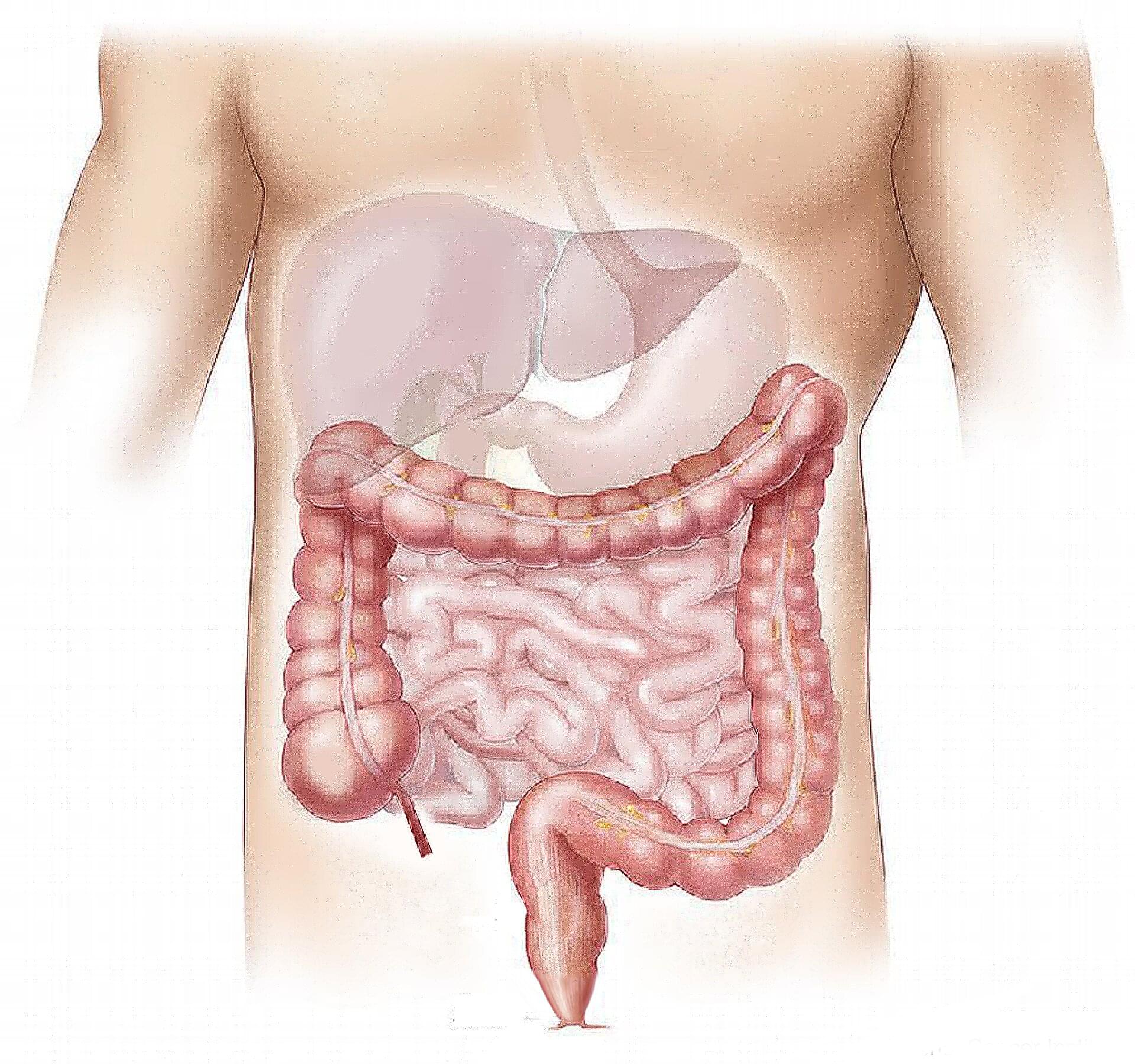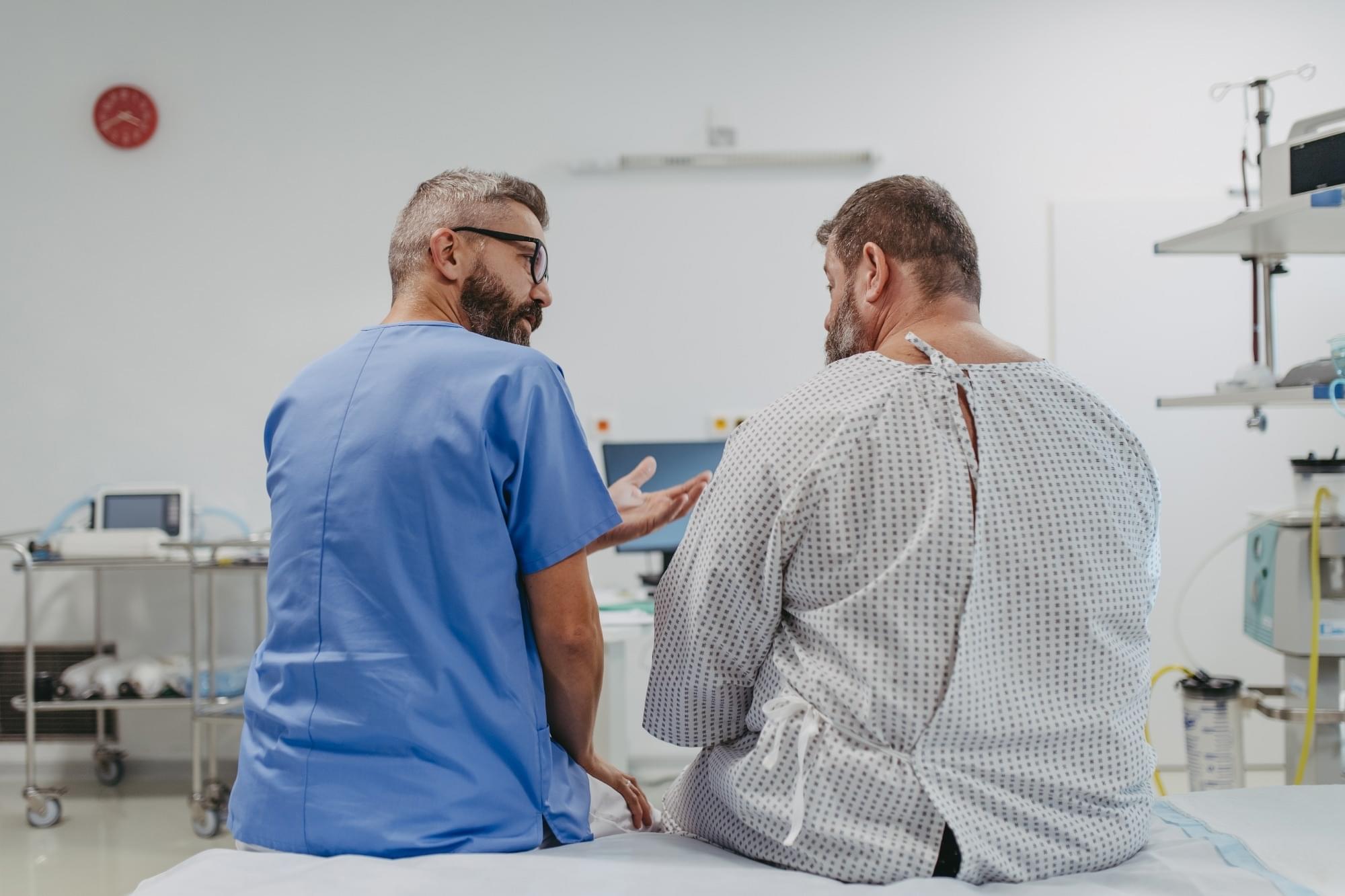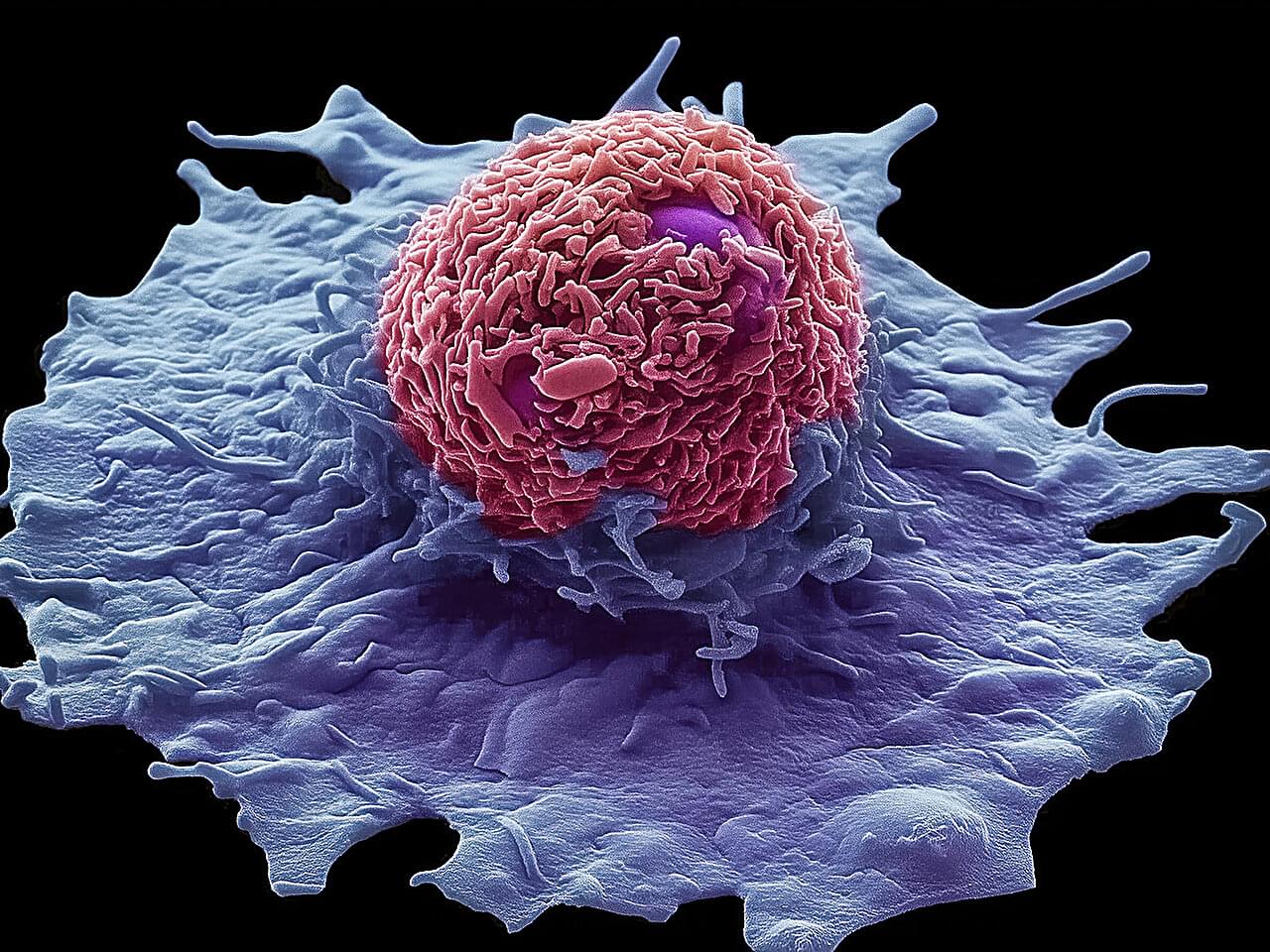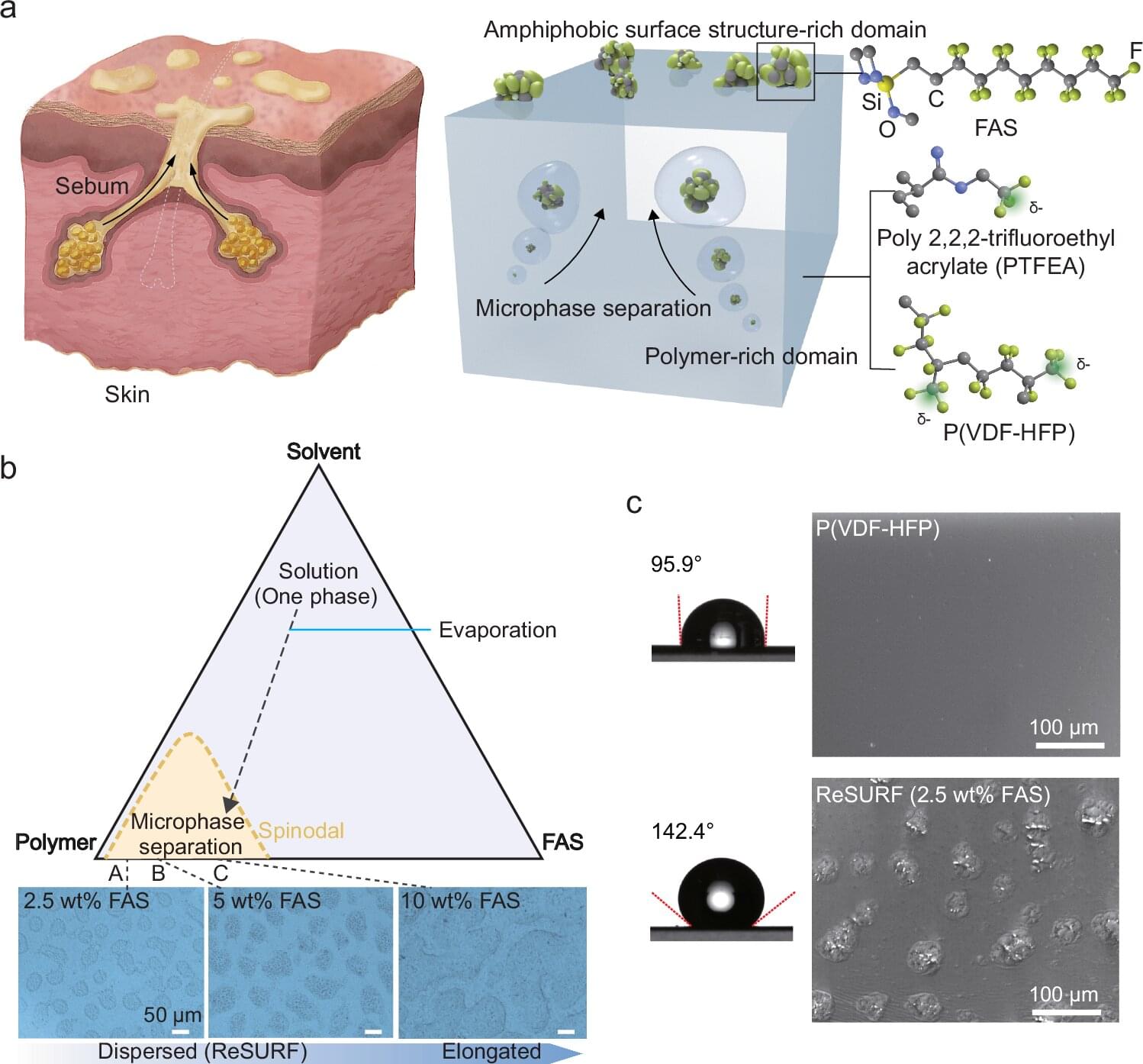Maintaining a healthy lifestyle—specifically, a diet rich in fiber but light on red/processed meat, regular exercise, not smoking, and sticking to a normal weight—is linked to a significantly lower risk of diverticulitis, finds a large long-term study, published online in the journal Gut.
What’s more, these five components seem to offset the effects of inherited genes, the findings indicate.
Diverticulitis occurs when “pouches” develop along the gut and become inflamed or infected in the wall of the large intestine (colon), explain the researchers. It’s a common cause of hospital admissions and a major reason for emergency colon surgery, they add.








